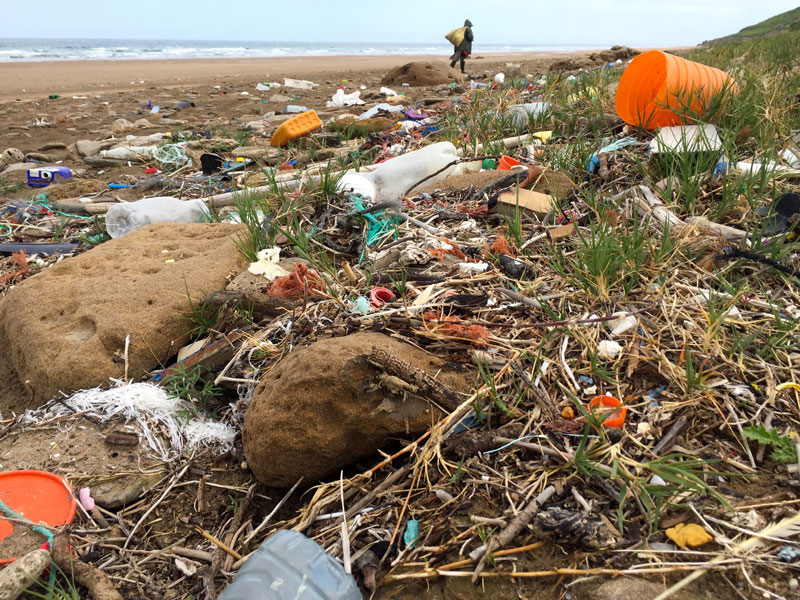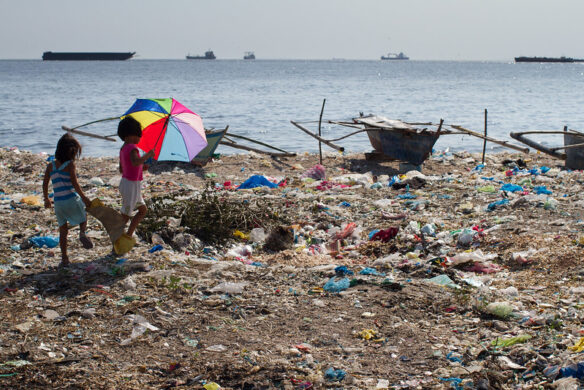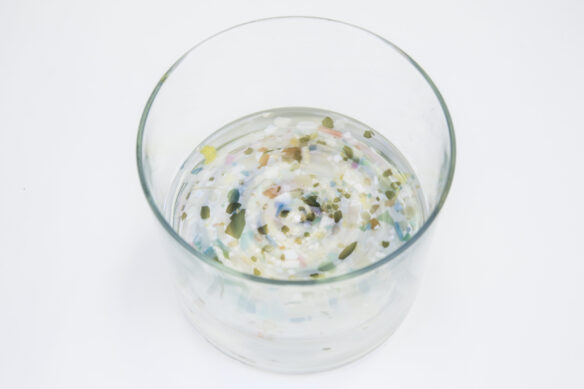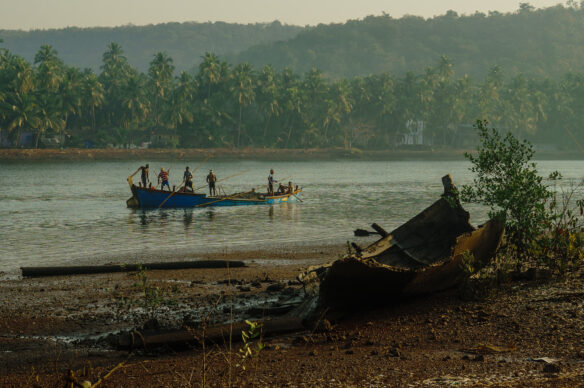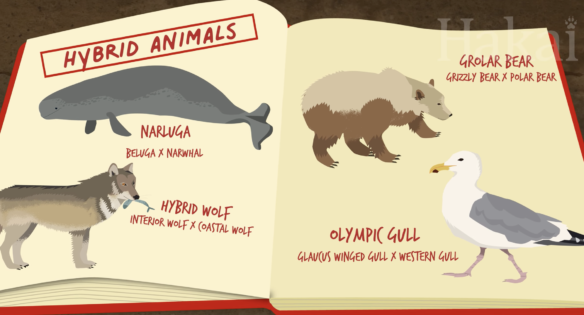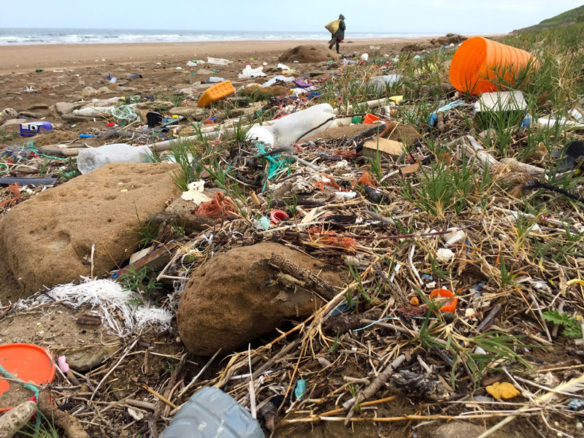
“The unprecedented plastic waste tide plaguing our oceans and shores, can become as limited as our chosen relationship with plastics, which involves a dramatic behavioral change on our part…”
Photo and captions source: © SAF — Coastal Care.
Excerpts;
The new Break Free From Plastic Pollution Act of 2020 (Senate Bill 3263, HR 5845) will tackle the exploding crisis of plastic pollution and transform waste and recycling management in the United States.
Tell your representatives it’s time to support the Break Free From Plastic Pollution Act of 2020, for the health of humans, animals, waterways, oceans, and the environment.
TAKE ACTION: Tell Your Representative to Support the Break Free From Plastic Pollution Act! – Plastic Pollution Coalition
Read Full Article And Learn More, Plastic Pollution Coalition (02-2020)
Petition: Pass the Federal Break Free From Plastic Pollution Act! Surfriders (02-2020)
Over the past year, the Surfrider Foundation has worked closely with U.S. Senator Tom Udall (NM) and U.S. Representative Alan Lowenthal (CA-47) to introduce bold federal legislation to tackle the plastic pollution crisis. The legislation is entitled the Break Free From Plastic Pollution Act, introduced on February 11, 2020.
Microplastic pollution revealed ‘absolutely everywhere’ by new research; Guardian UK (03-06-2019)
Microplastic pollution spans the world, according to new studies. Humans are known to consume the tiny plastic particles via food and water, but the possible health effects on people and ecosystems have yet to be determined…
Video captures moment plastic enters food chain, BBC News (03-11-2017)
A scientist has filmed the moment plastic microfibre is ingested by plankton, illustrating how the material is affecting life beneath the waves. The footage shows one way that plastic waste could be entering the marine and global food chain…
Plastic pollution: When The Mermaids Cry: The Great Plastic Tide, Coastal Care – ©2009
” Plastic is versatile, lightweight, flexible, moisture resistant, strong, and relatively inexpensive. Those are the attractive qualities that lead us, around the world, to such a voracious appetite and over-consumption of plastic goods. However, durable and very slow to degrade, plastic materials that are used in the production of so many products all, ultimately, become waste with staying power. Our tremendous attraction to plastic, coupled with an undeniable behavioral propensity of increasingly over-consuming, discarding, littering and thus polluting, has become a combination of lethal nature…”

